May you and I prosper
like the trunk and the branches
of the divine-like hemlock fir
on Futagami of the Twin Peaks.
Dear You,
Every morning I meet and talk to you.
In the evenings I hold your hand
and we go out together to see
the clear waters of the Imizu River.
The east winds blow fiercely
and at the mouth of the river
the white waves rise high
and the birds call to their mates.
And the oars make creaking notes
as the fishermen row out
around the inlet cutting reeds.
How lovely are these scenes!
And charmed by them,
how we enjoy ourselves.
But as this is a country ruled by His Majesty,
when he gives me an order, we must part.
I do not know about you who remain
but for me who travels far away,
when I cross over the rocks
of mountains covered in floating clouds,
we will be parted, and there will be many days
that I long for you. When I think of you,
my heart is filled with pain.
If you were a bead, I would tie you
with the song of the little cuckoo
and wear you on my bracelet
and I would look upon you
from morning to night—
how hard to part from you!
(The right is a gift from Ōtomo no Shukune Yakamochi to Ōtomo no Shukune Ikenushi. April 30)

![万葉歌めぐりの旅[Man'yōshū Literary Pilgrimage]](https://www.manreki.com/manyo-songs/images/common/pic_logo.svg)



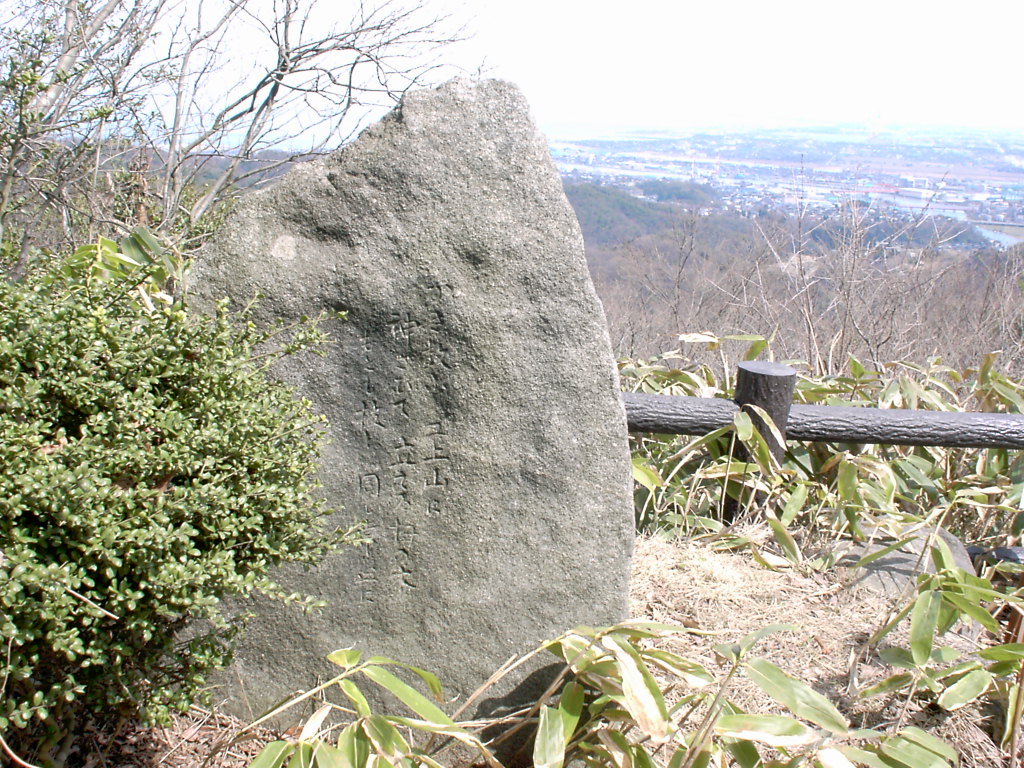
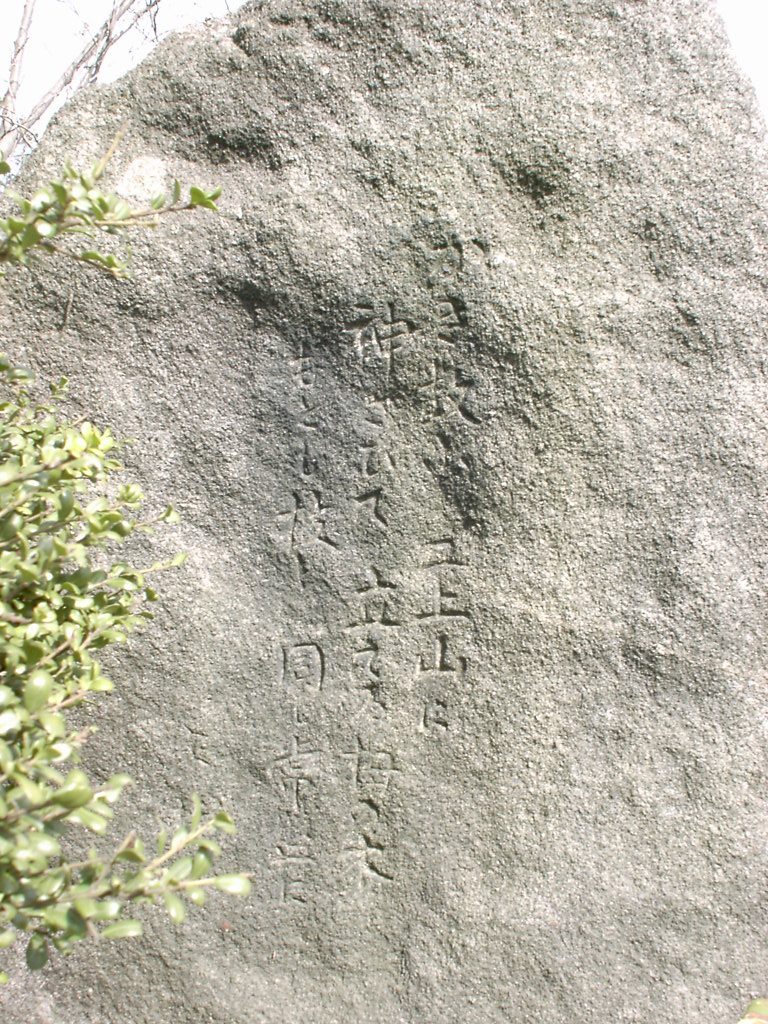
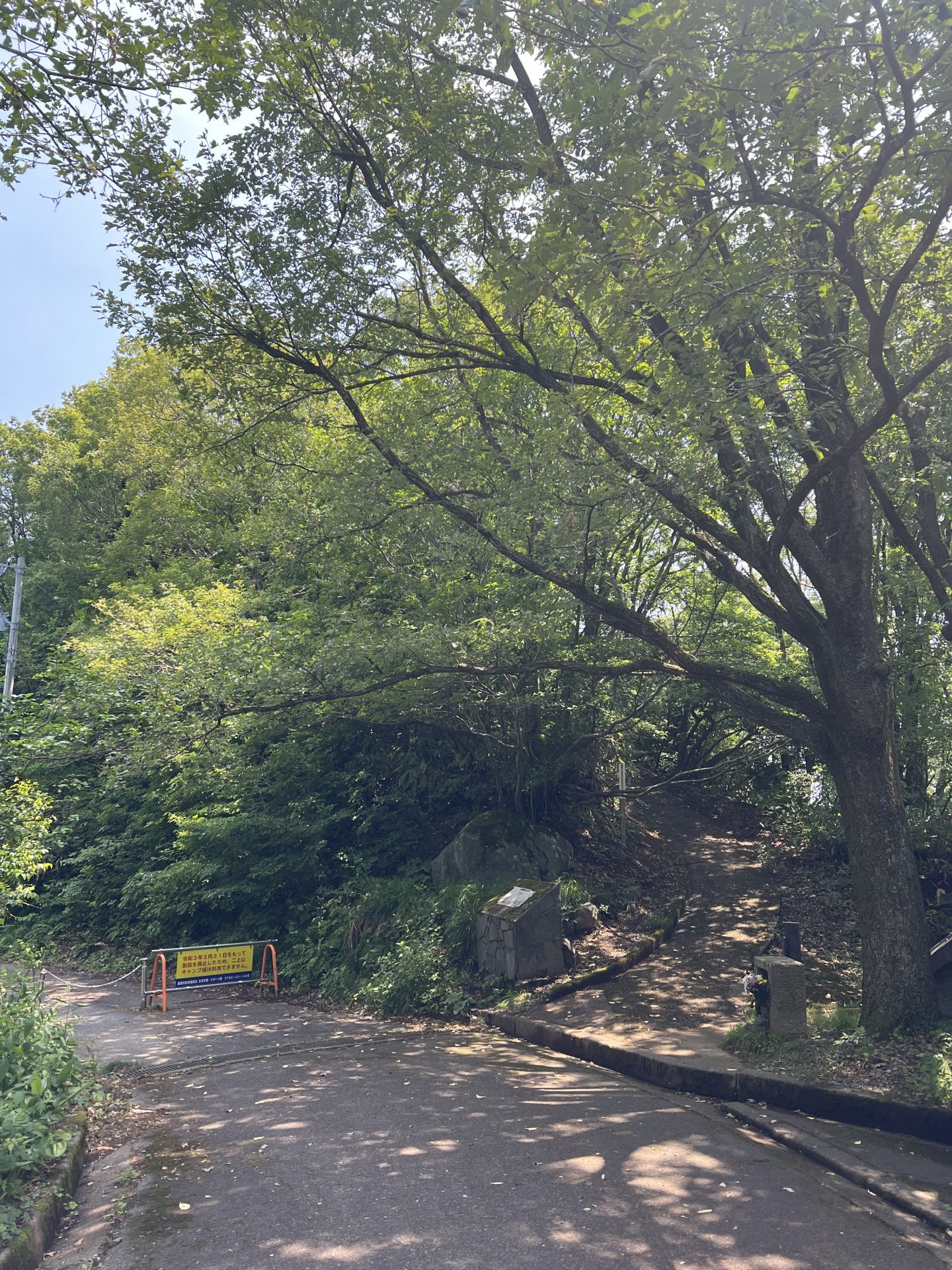

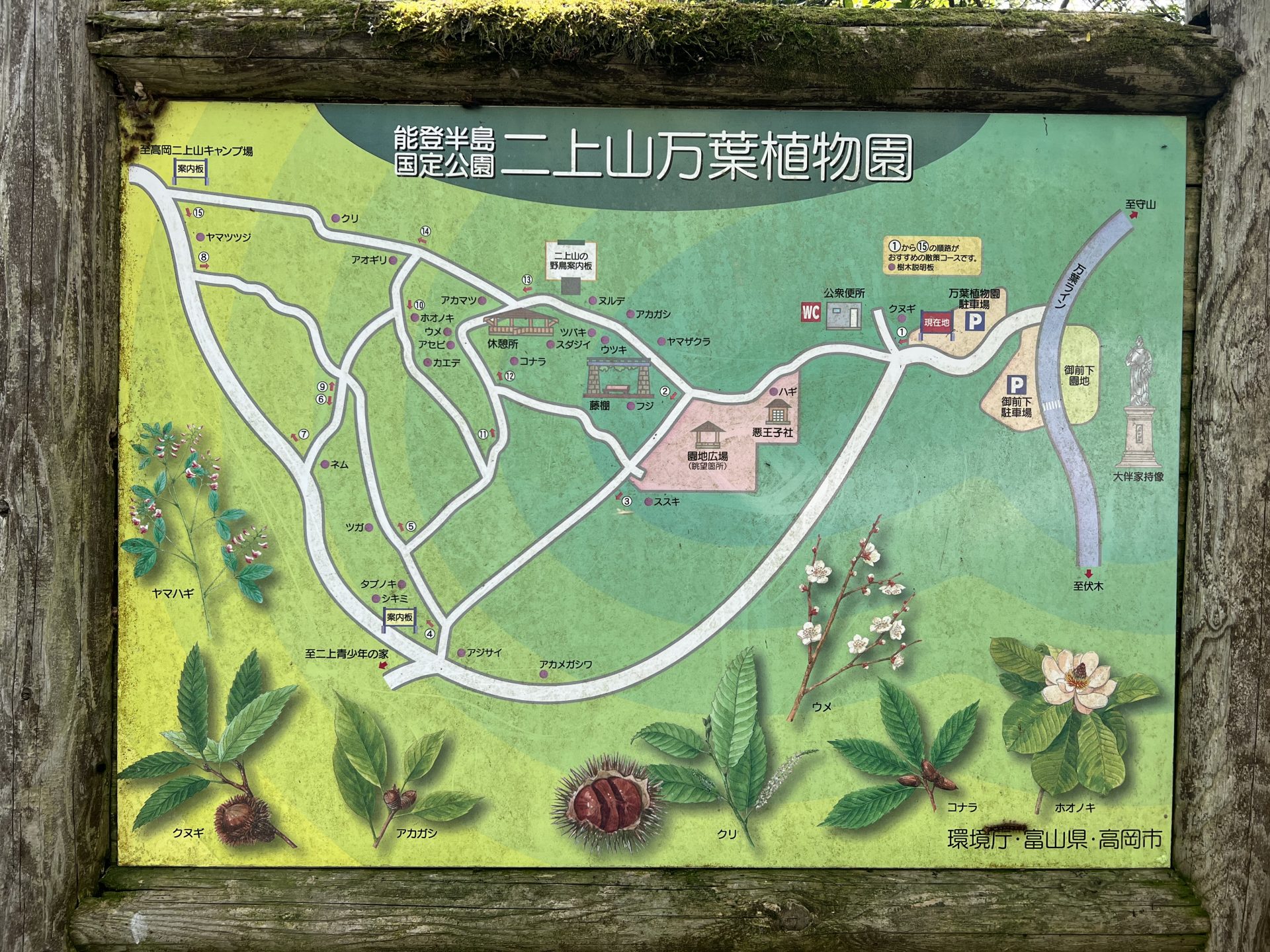
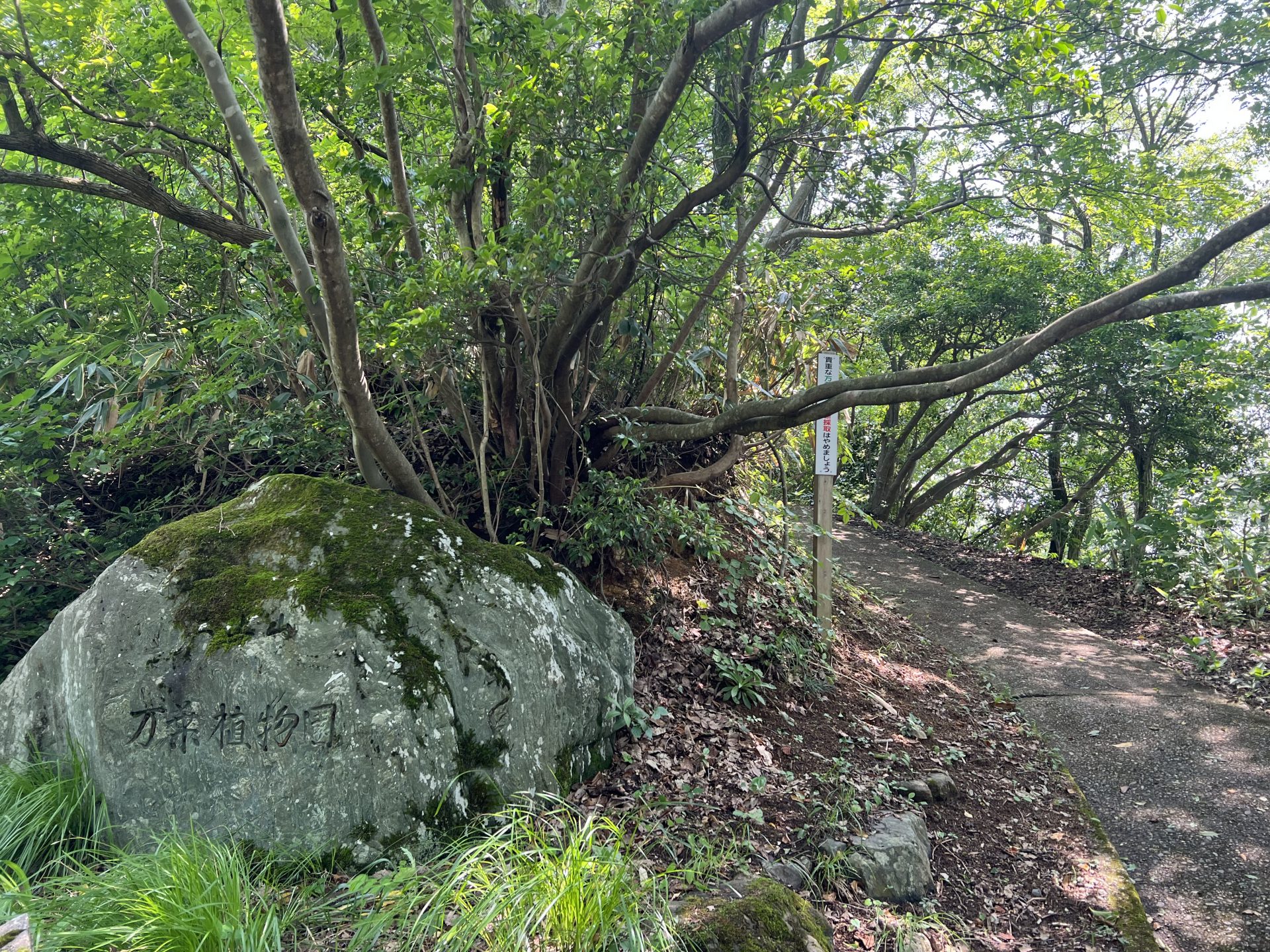

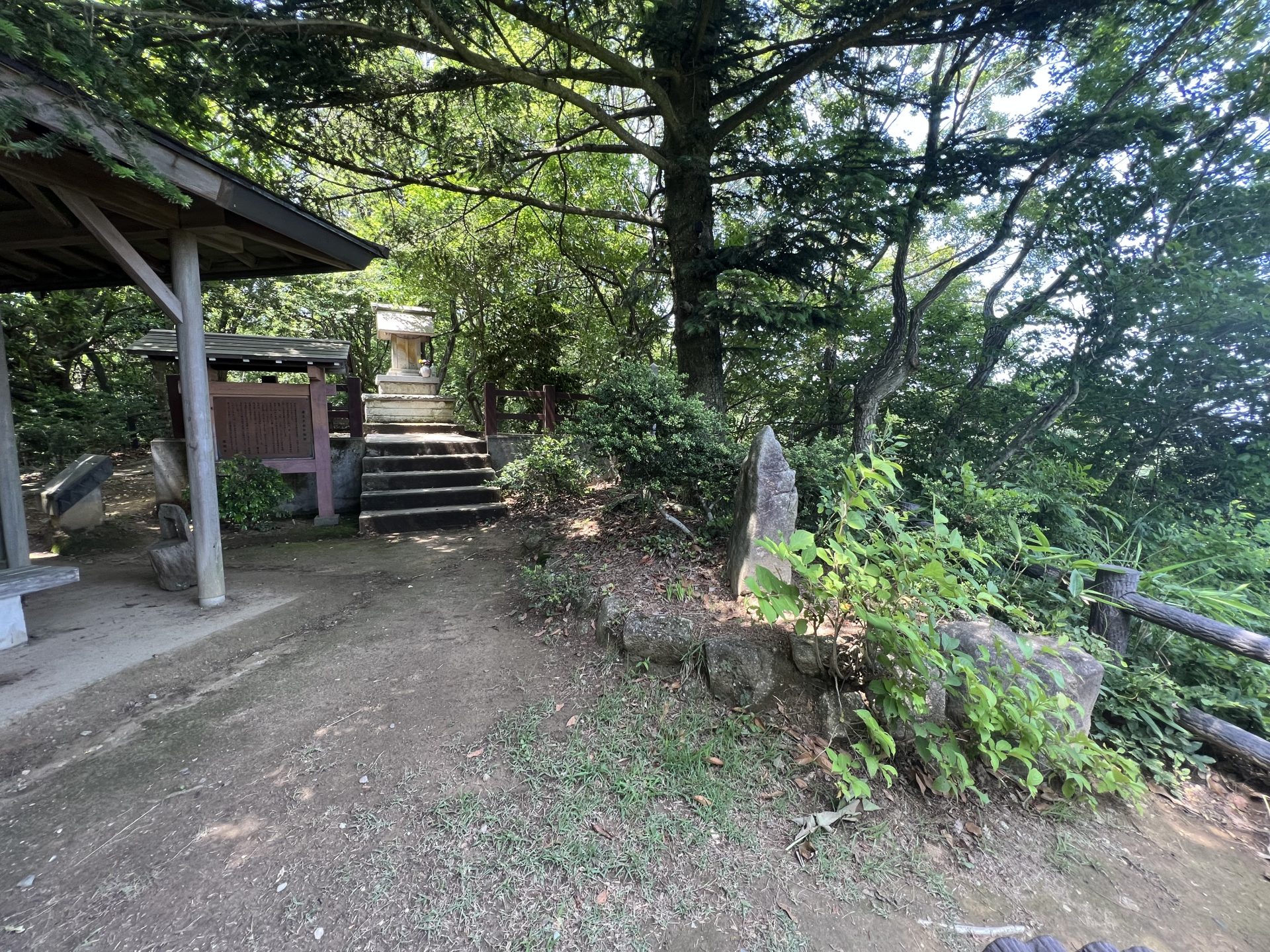
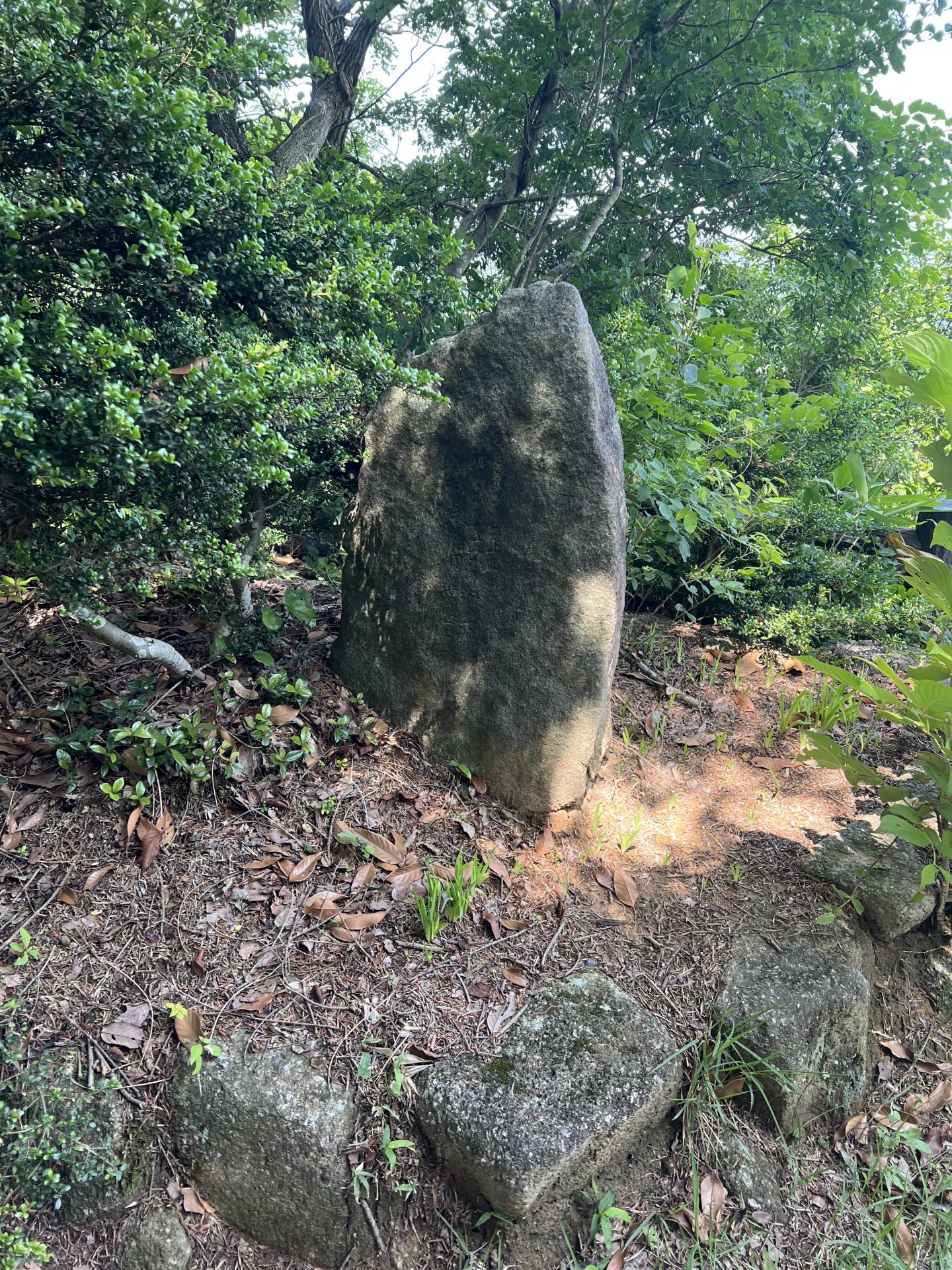
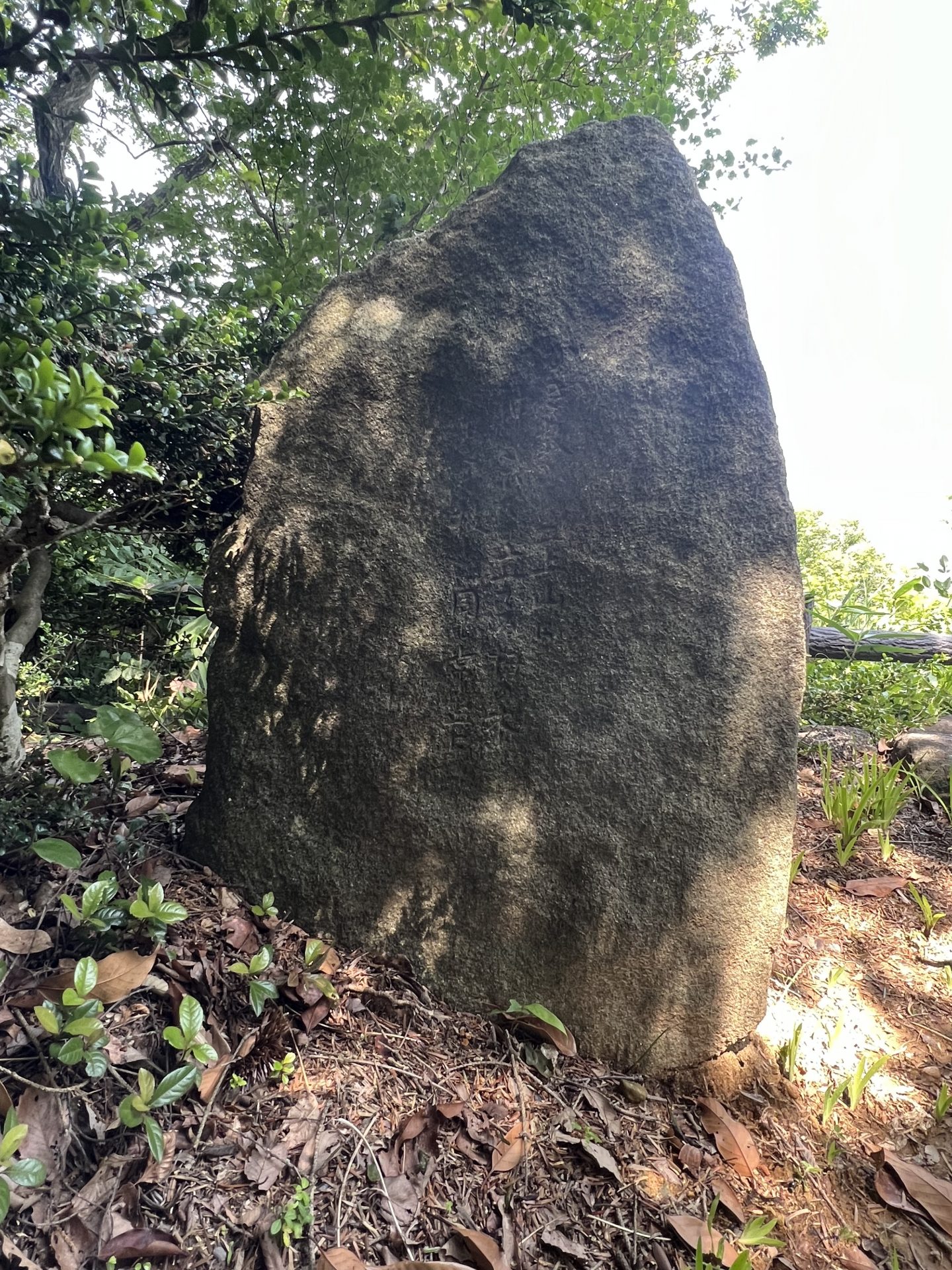
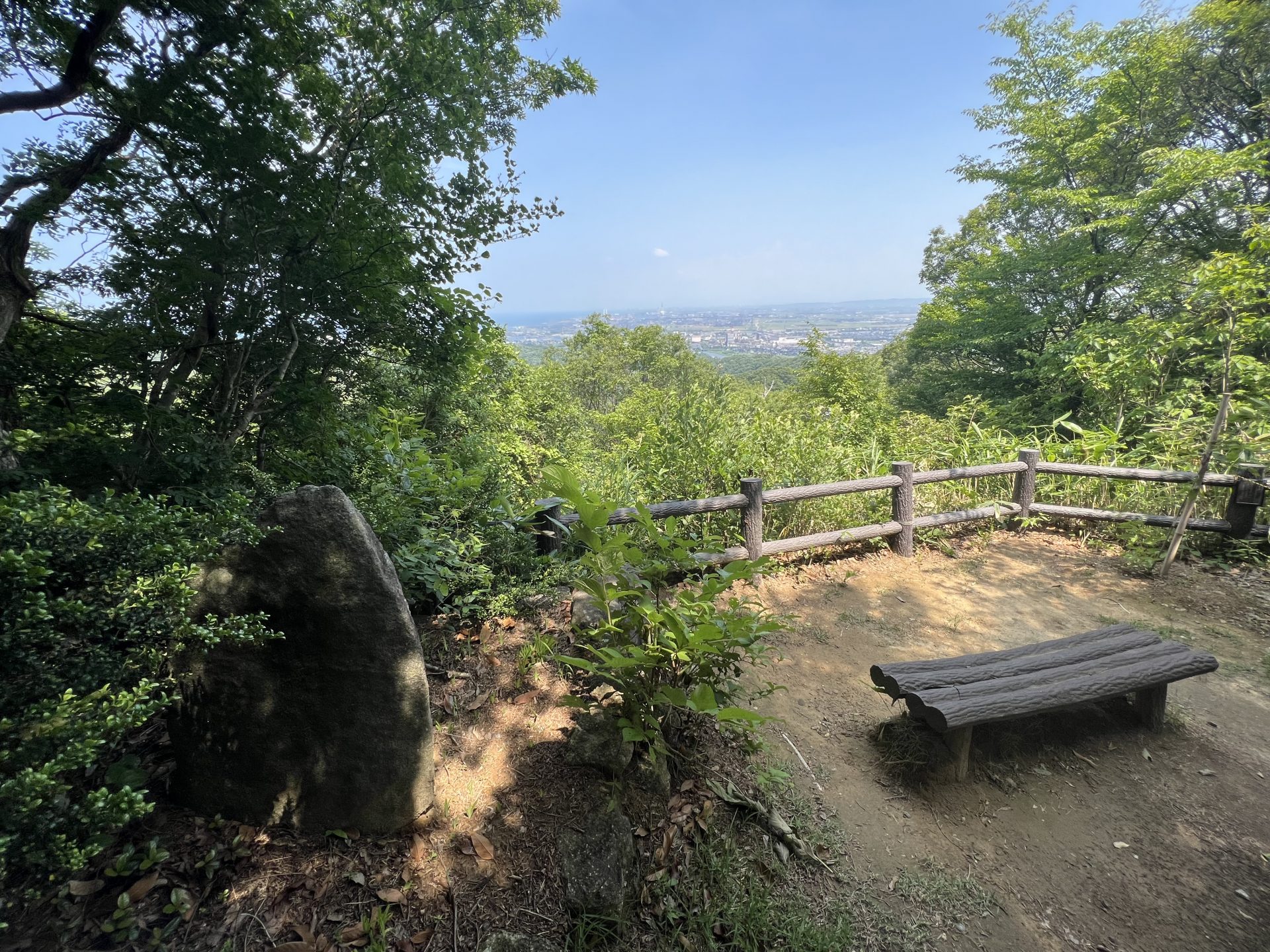




解説
Commentary
『万葉集』の4006番の歌。『万葉集』は、7世紀前半から8世紀後半にかけての約130年間の歌を収めた現存日本最古の歌集で、4500首余りの歌が収められている。この歌の作者は大伴家持(718?~785)、『万葉集』でも最も多くの歌を残す歌人である。
越中国(今の富山県)の国守であった大伴家持は、天平十九年(747)五月に正税帳使として奈良の都へ出張した。この歌は出発に先立つ四月三十日に、越中における部下である大伴池主へと贈られた歌である。この歌では、上京にともない一時的に(九月頃戻ったと考えられている)池主と離れることになるのを強く嘆いている。家持と池主は公私にわたって大変親密な仲だったようで、『万葉集』には二人の歌や詩のやり取りが多く残されている。彼らの贈答歌に見られるそうした親密さは、時に恋人同士のような表現としてあらわれた。この歌もそうした特徴をよく示しており、前提知識なしに歌だけを読めば、妻と離れて遠方へ赴任する男の恋歌のようにも見えるだろう。
実際のところ、これが二人の男の愛の歌なのか、それともありきたりな遊びや戯れに過ぎないのか、議論があるところだ。しかし、射水川沿いの風景を楽しみながら手を取り合う二人の姿からは、真実の深い愛が感じられる。また、当時の文学的慣習に基づくものではあるが、恋人が小鳥の声とともに結ばれて数珠つなぎになるというイメージも、本当の深い愛を見事に表現している。
なお、この歌の冒頭にある「かき数ふ」は、ひとつ、ふたつと数えることから「ふたがみ山」にかかる枕詞である。『万葉集』に多くある枕詞の中には、現代語訳や英訳に反映できないものも多いが、この「かき数ふ」は二つの峰をもつ二上山と意味的に関係をもつ枕詞のため、訳にも反映した。高岡市の二上山万葉植物園に歌碑が立つ。
(解説 ピーター・J・マクミラン)
This is poem number 4006 of the Man’yōshū, the oldest existing collection of poetry in Japan. The Man’yōshū consists of over 4,500 poems and was compiled over a period of around 130 years, from the first part of the 7th century to the latter part of the 8th century. The author of this poem is Ōtomo no Yakamochi.
In the fifth month of 747, Ōtomo no Yakamochi, the regional governor of Etchū Province (modern-day Toyama Prefecture), embarked upon an official trip to the capital, Nara, as the Shōzei chōshi (the messenger who brings tax ledgers to the central government). This poem was written on the thirtieth day of the fourth month, before his departure, and was sent to his junior, Ikenushi. In this poem, Yakamochi laments that he will have to be apart from Ikenushi for four months (it is thought that he returned in the ninth month). It seems that Yakamochi and Ikenushi were very close in both their public and their private lives, and there are several poems in the Man’yōshū depicting exchanges between the pair. If one were to read this poem without any previous knowledge, it would appear to be a love poem written by a husband to his wife before taking a long trip away.
There is some debate as to whether this is a true love poem between the two men or whether the relationship depicted is only a conventional and playful fiction. However, images such as the two men holding hands as they enjoy the scenery along the Izumi River convey a sense of true and deep love and, though the final image is also based on a literary convention of the time, the final image of the lover becoming a bead tied with the song of the little cuckoo also expresses profound love.
This waka poem stone monument stands in the Mount Futagami Manyo Botanical Gardens.
(English Translation and Commentary by Peter Macmillan)